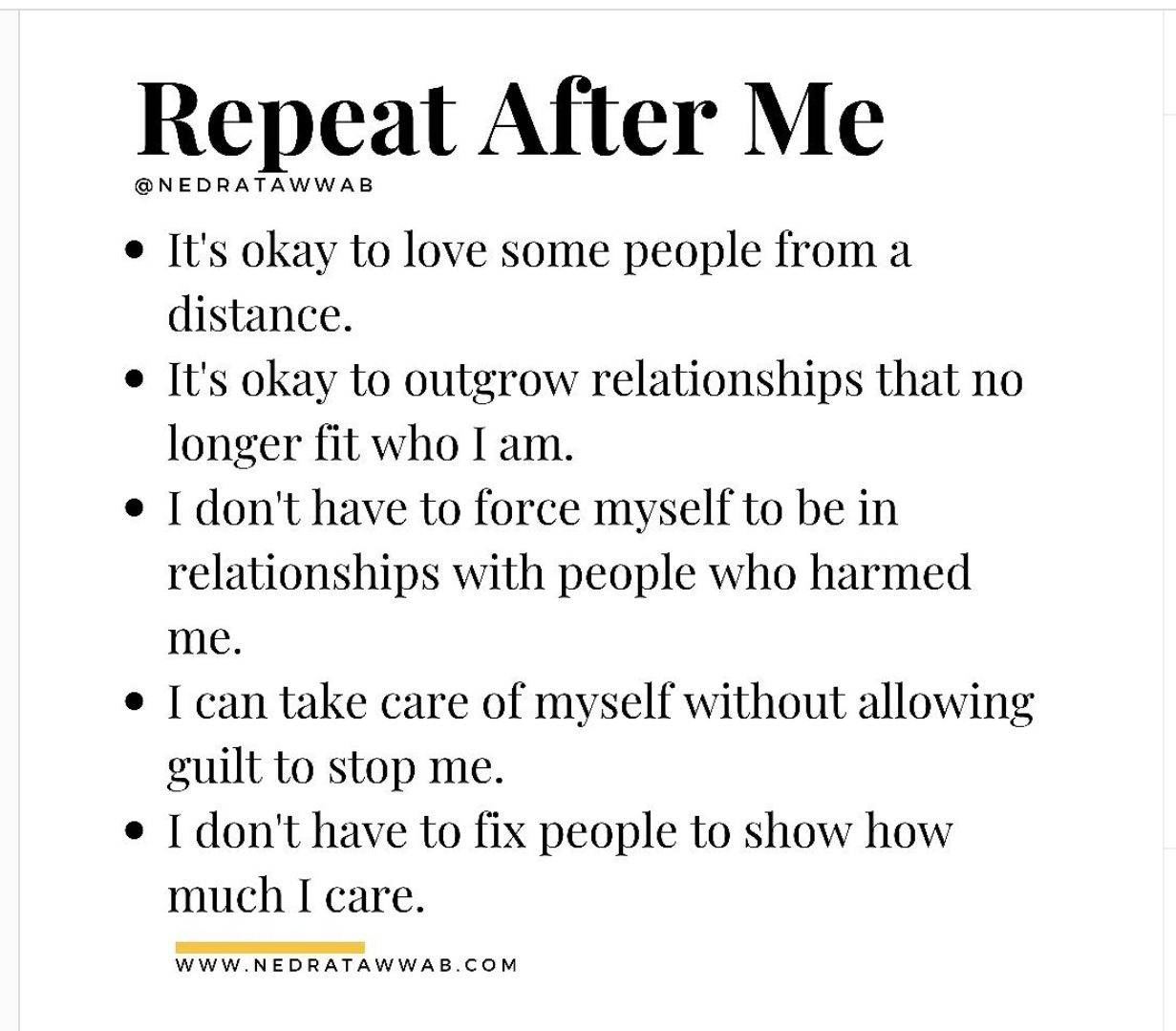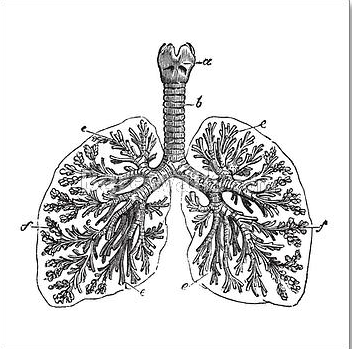Essential Trauma Concepts
Basic theory and concepts that are essential to all trauma-informed care.
-

Self-Compassion During Complicated Holidays
With Mother’s Day having passed recently and Father’s Day around the corner, it is important to touch on the fact that these celebrations do not land the same with everyone. Being a therapist gives me the privilege to witness how painful these two days can be for someone who has experienced loss or who has…
-

Setting Boundaries During the Holiday Season
Heading into the holiday season can bring with it a multitude of conflicting feelings, particularly when caregivers or other family members were the source of painful or invalidating experiences. I often find clients struggling with exploring their own needs and boundaries with their families, or feeling guilty when they do. These struggles and difficulties…
-

CCIH Statement on Racial Trauma
We at CCIH find ourselves compelled to reflect on what it means to be a trauma-informed therapist during the current times. The pandemic has shone an ugly light on the reality that there are wide disparities across race and identities in our country. Illuminating very painfully what happens in a country built on principles of…
-

Notes From a New Clinician
As a new clinician interested in working with survivors of complex trauma and dissociation, insight from experienced practitioners is invaluable to me. Recently, I connected with Amy Zajakowki Uhll, LCPC, a psychodynamically trained therapist with over 25 years of experience, to learn more about her work in the field, current treatment approaches, and her thoughts…
-
 COVID-19, Essential Trauma Concepts, IP-Integrated Practices for Healing Trauma Groups, Trauma-Informed Services
COVID-19, Essential Trauma Concepts, IP-Integrated Practices for Healing Trauma Groups, Trauma-Informed ServicesIntegrated Practices in the Time of Coronavirus
In the 10 years I have been facilitating Integrated Practices (formerly Becoming Safely Embodied) group, before this past March I had not considered providing them online. I have run groups consistently throughout these years as a part of my practice and I am deeply connected to this aspect of my work. Due to the…
-

The Power of Bearing Witness
Over the past week, I have been reflecting on the article Holding, Containing and Bearing Witness: The Problem of Helpfulness in Encounters with Torture Survivors by Dick Blackwell (1997). In the article, Blackwell (1997) explores the role of the therapist in supporting our client’s wants and needs in therapy, especially with respect to survivors of …
-

What if there’s nothing wrong with your body?
“What if there’s nothing wrong with my body?” This is an astonishing question – or at least it felt that way to me the first time I asked it of myself. It’s a question that multiple and interlocking systems of oppression such as racism, misogyny and fatphobia rely upon us not asking ourselves. Not to…
-

Why I Believe 4-7-8 Breath is a Good Daily Practice
Deepening our capacity to mindfully attend to internal experience (thoughts, feelings and sensations) in the present moment is an important part of healing from the effects of trauma. Various mindfulness practices (of which there are no shortage these days) can be useful in this pursuit. However, some mindfulness and meditation practices…
-

Why I Love Sensorimotor Psychotherapy Approaches
Like many therapists, my education and training in clinical psychotherapy primarily comes from a psychodynamic framework. I learned all about relational and attachment psychotherapy, family systems theory, as well as some cognitive-behavioral approaches and basic mindfulness techniques here and there. I am so grateful for all of this foundational framework and I consider it all…
